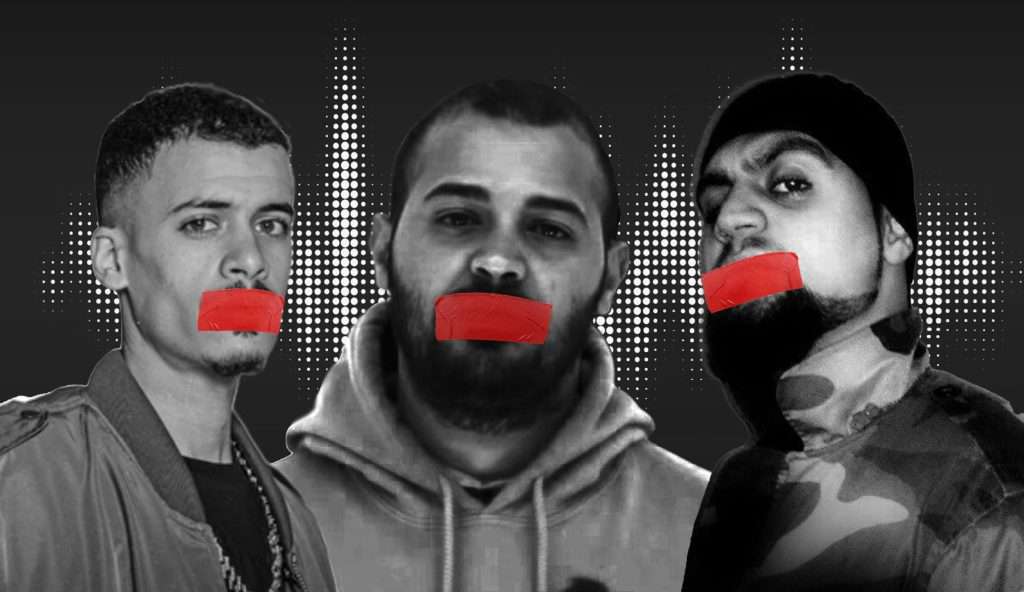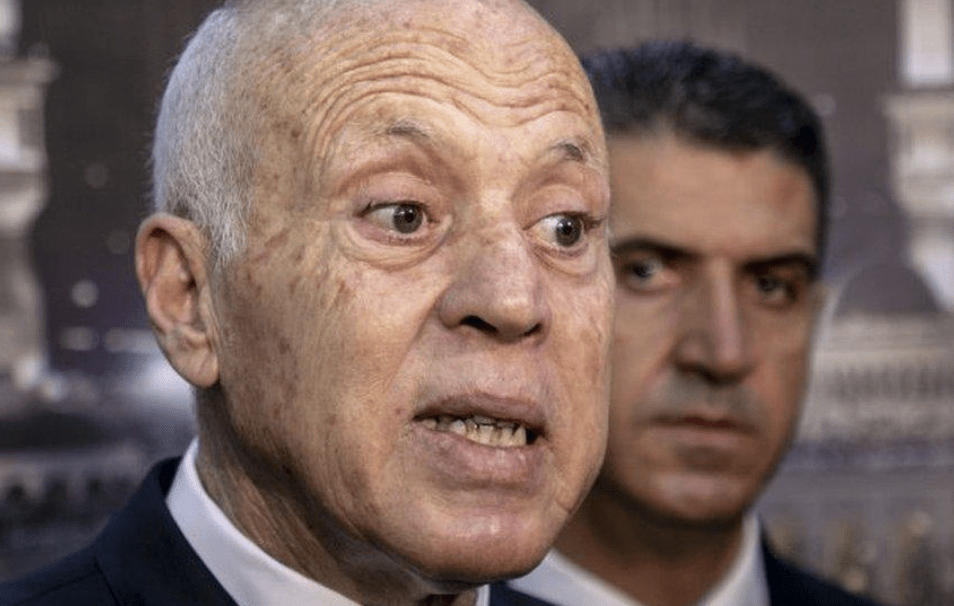Libyan rap music restricted because it “violates moral values”

Eastern Libya’s interior ministry have instated new restrictions on rap music, artists must request permission from the culture ministry before sharing any new songs.
According to Middle East Eye on February 3rd, the interior ministry justified its decision by pointing to “the spread of rap songs, some of which contain obscene words, that violate the moral values of the Libyan Muslim society”.
They have accused rap music of exploiting minors and encouraging people to commit crime, the ministry said the music could “incite [children] under the age of eighteen to prostitution or encourage them to do so, or encourage the idea of suicide, or rebel against the family and society”.
The ministry went on to state that is now illegal to show “theatrical, acting, musical, dancing or singing performances in any place or through any means” without getting the necessary approvals from the relevant authorities.
Libyan authorities have maintained that this decision is in accordance with the country’s laws, arguing that Libya’s constitution requires the state to respect human rights, and freedoms of expression only if “this does not violate public morals or conflict with the true Islamic religion, as Libyan law stipulates the preservation of public morals”.
Rap was used to rally and encourage Eastern Libya’s youth in revolution but has since faced challenges from Libyan lawmakers in the years after Gaddafi’s overthrow.
Youssef Ramadan Said, a Libyan rapper known as MC Swat was forced to escape Libya in 2017 due to years of trouble with the authorities.
Ramadan faced a number of arrests, raids to his home and harassment because of his music and politics.
The new strict rules surrounding music come soon after a multitude of new restrictions were imposed by Libya’s eastern government, these included a ban on New Years celebrations in January, suggesting they are not compatible with Sharia law.
Similarly, Libya’s western Government of National Unity, also imposed new sets of rules, reintroducing the morality police to uphold “society’s traditions”. The government said the patrols or morality police were reinstated to target things such as “strange” haircuts, upholding “modest” clothing and to ensure there are suitable male guardians for women.
Human rights watchdogs have expressed concerns over the governments control tactics, with Maghrebi reporting that Libyan authorities are specifically targeting activists and NGO’s, as the government attempts to completely annihilate the right to free assembly, association, and speech.
Middle East Eye, BBC, Maghrebi
Want to chase the pulse of North Africa?
Subscribe to receive our FREE weekly PDF magazine














